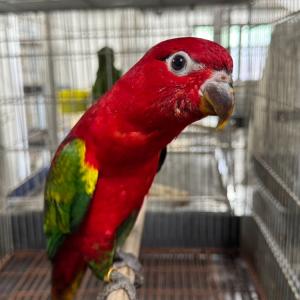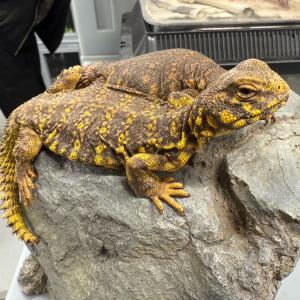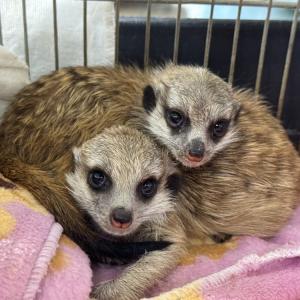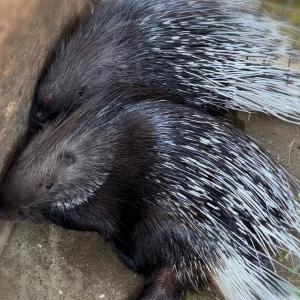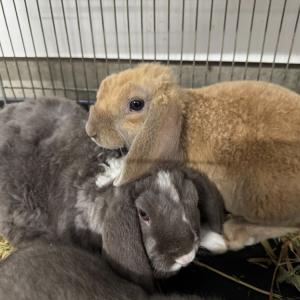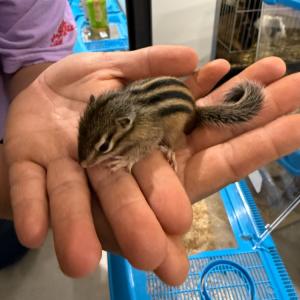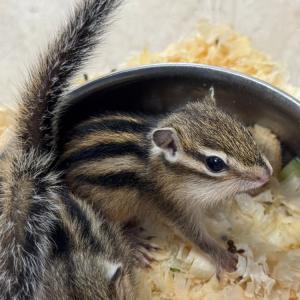2025年06月09日
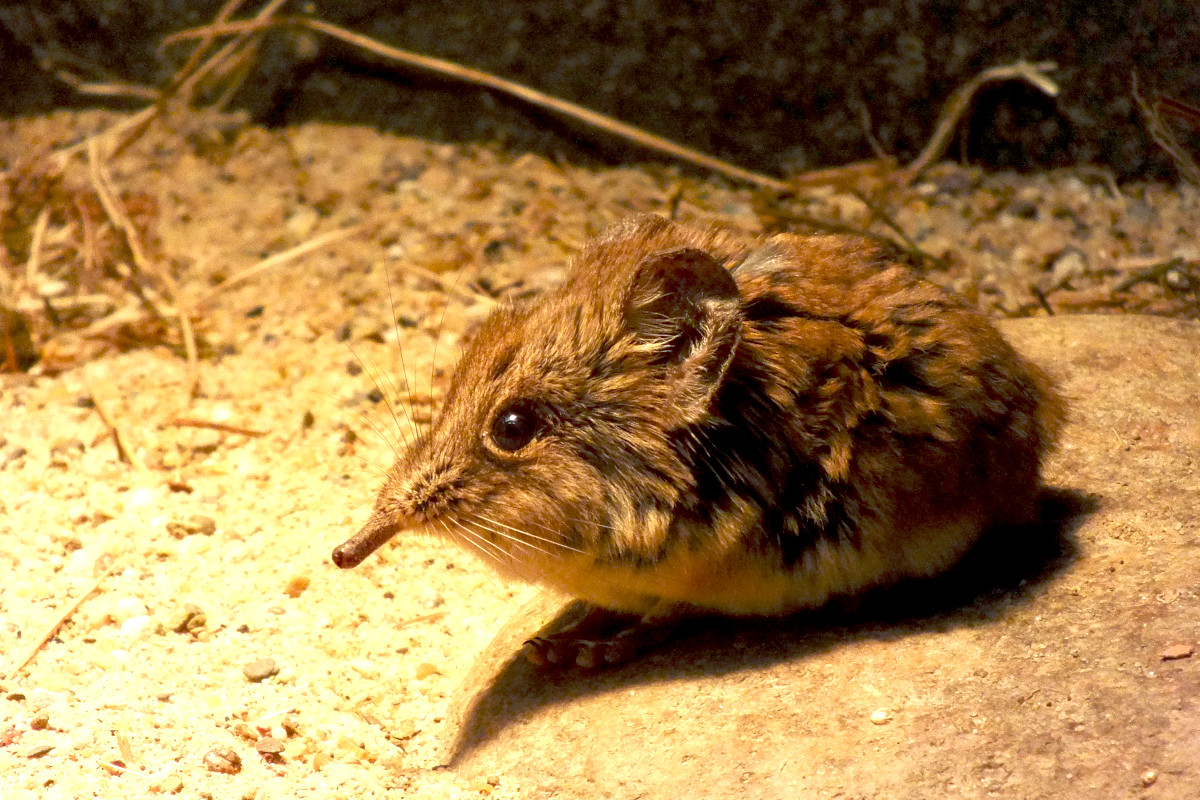 この20年の間で、動物を取り巻く環境は目まぐるしく変化をしています。
この20年の間で、動物を取り巻く環境は目まぐるしく変化をしています。近年ではアニマルウェルフェアが広く提唱され、日本にも根付きつつあります。
例えば、日本国内でも動物園や水族館は限られた設備や環境、予算の中で、飼育員の方々が工夫を凝らして、環境各エンリッチメントに取り組み日々努力をされていることが知られています。
このような動物園、水族館、繁殖施設など動物関連施設に携わる方々の日々の努力の積み重ねがあり、私達は生きた動物を様々な形で実際に目にすることができ、その動物の習性や生態、性質や特質、行動を学ぶことができているのです。
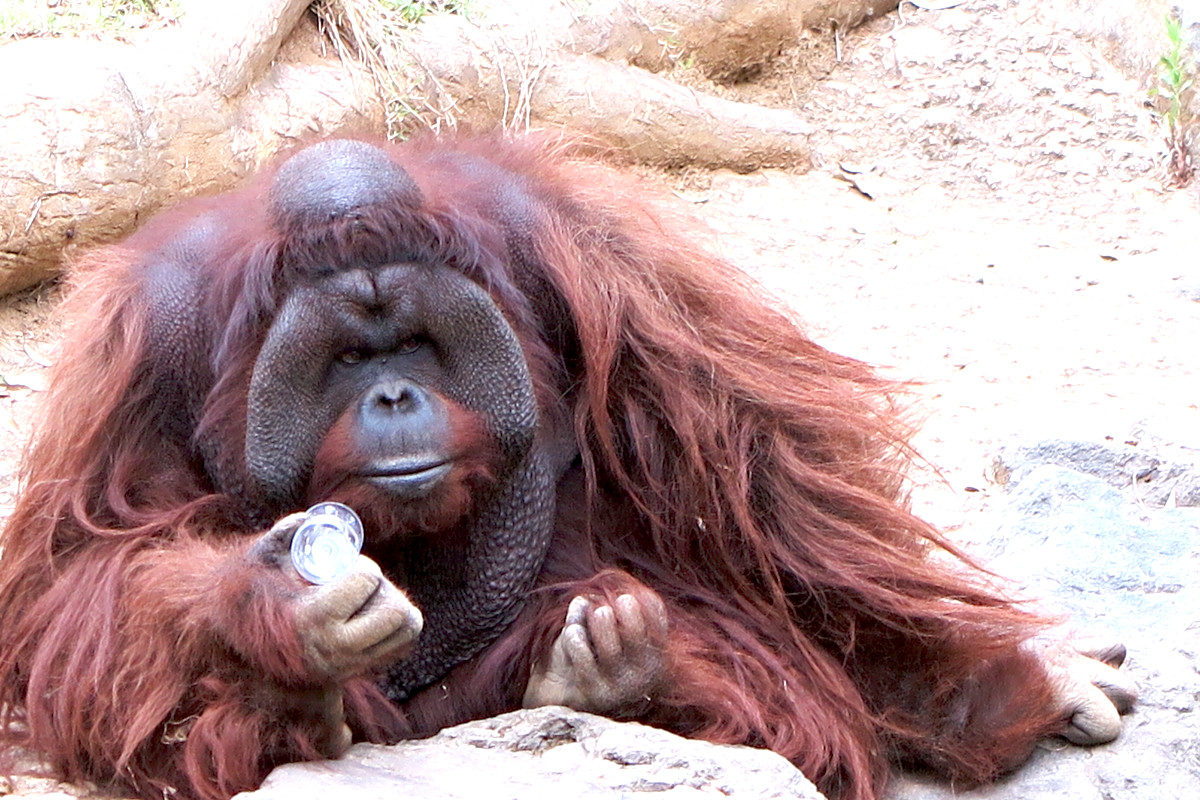 当社では、動物の輸入手配から輸入、動物の到着後より、獣医師の指示によるヘルスケアのもと、飼養管理(検疫期間中を含む)、そして検疫終了後の国内輸送までを一貫して行うことに拘っています。
当社では、動物の輸入手配から輸入、動物の到着後より、獣医師の指示によるヘルスケアのもと、飼養管理(検疫期間中を含む)、そして検疫終了後の国内輸送までを一貫して行うことに拘っています。時には、そこまで時間や労力を費やす必要があるのかと思うような小さな事柄であっても、動物の健康、安全に必要なことだと思えば妥協をしません。
この一連の業務を一貫して行うことで、無駄をなくしスムーズな手配を実現することはもとより、輸入をした動物の健康状態、特性を的確に把握し、必要に応じて治療や処置を施すことができ、受入先の動物園や水族館、その他の施設へ、より正確な情報の提供、および導入後の飼育に関する適切なアドバイスを可能にし、安全に健康的な動物と未来をお届けすることを実現しています。
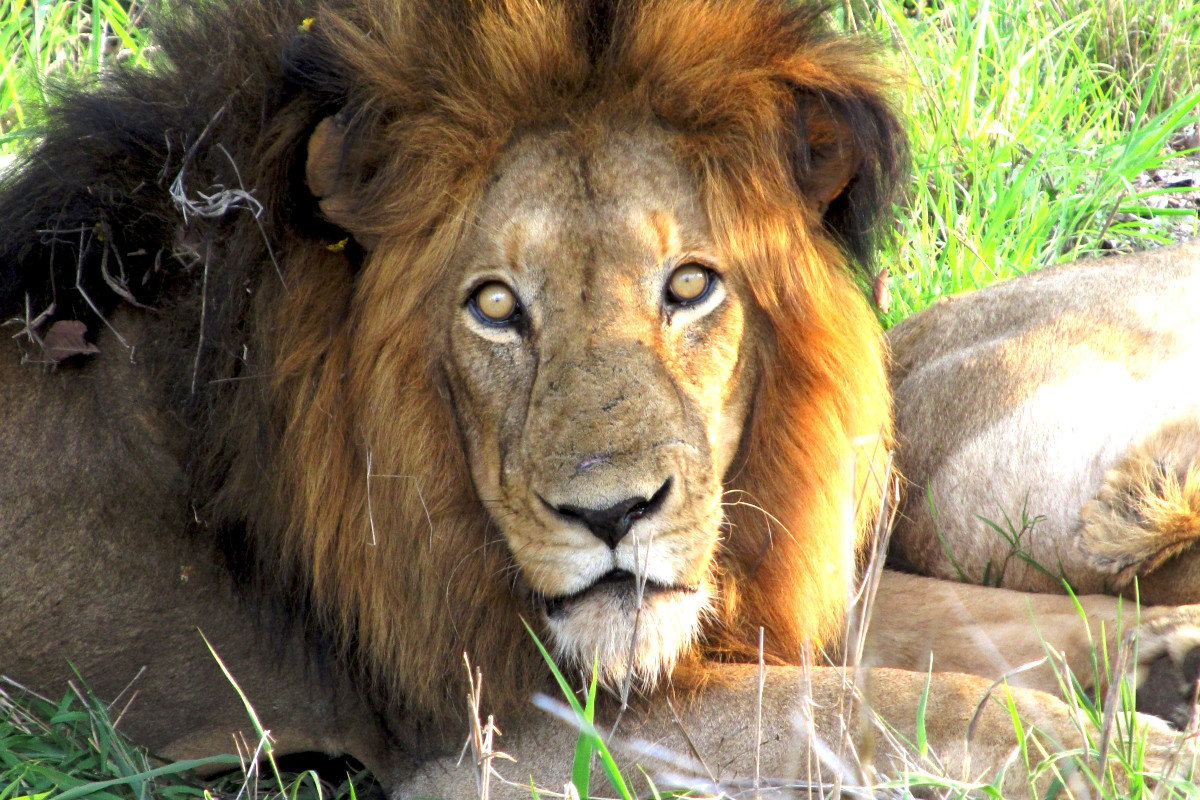 日本の動物園、水族館が抱える問題の一つに血統更新、余剰動物があります。
日本の動物園、水族館が抱える問題の一つに血統更新、余剰動物があります。動物園や水族館は種の保存を考え、計画的な繁殖を進めていますが、繁殖に成功した際に、例えばカバやキリン、セイウチなどの多くの大型動物はそれなりの設備を要し、また性別によっては性成熟をする前に飼育施設を分ける必要があります。
それは雄同士であれば闘争が起こり得ますし、両親との同居は近親交配の恐れもあるためです。
動物園や水族館では、こういった問題を回避しながら、血統をきちんと管理しているため、繁殖によって生まれる新たな動物たちを受け入れる別の施設等へ移動しなければなりませんが、現実問題として受け入れ先が見つからず、繁殖制限をかけざるを得ないという現状もあります。
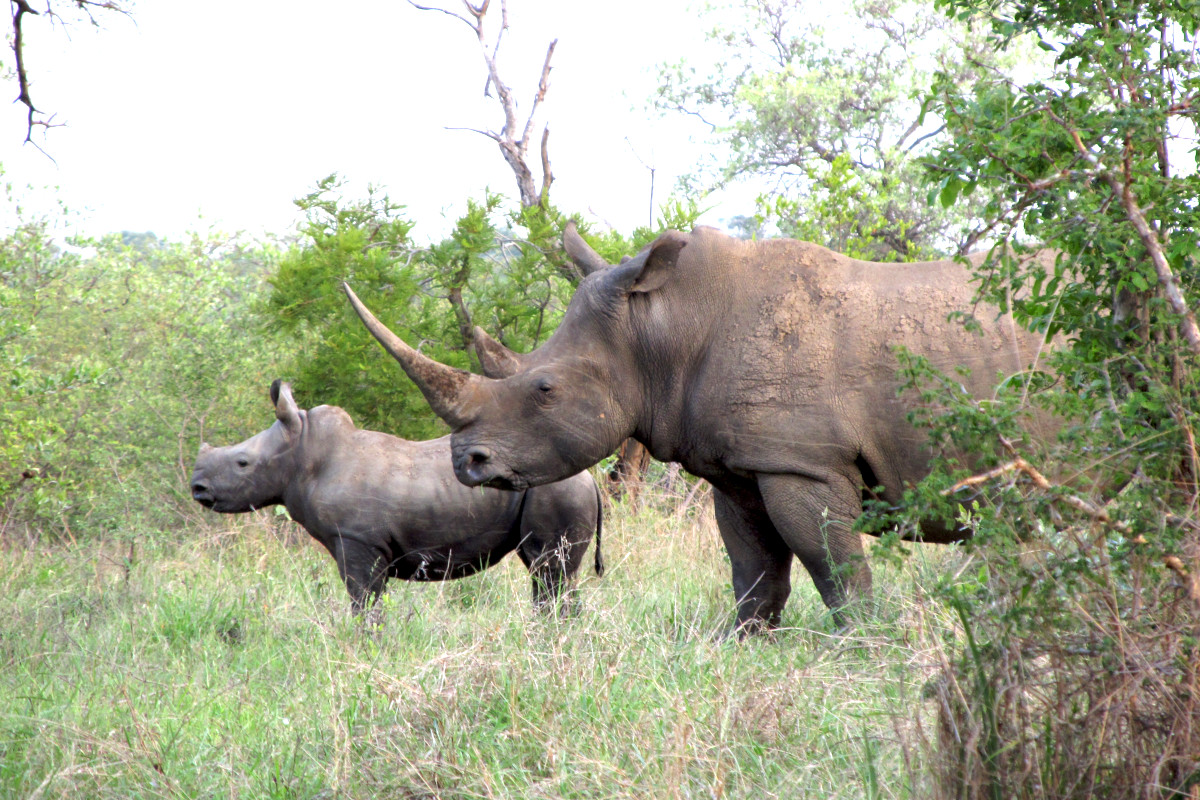 この問題は日本に限ったことではありません。
この問題は日本に限ったことではありません。海外の動物園では、受入先が決まらない動物を安楽死させるという事例があります。
『野生に帰せばいい』という短絡的な意見を耳にすることがありますが、当然のことながら、飼育下で生まれ育った動物たちは野生で生き抜く術を知らず、野生下で生きることはとても難しいのです。
動物たちの飼育環境を奪ったのが人間であれば、それを立て直すのも人間の役割。
現在、動物園で飼育をされている動物たちのほとんどは飼育下における繁殖個体であり、彼らの故郷は生まれ育った動物園や水族館であり、心許せる飼育員の方々は家族同然です。
狩猟枠という枠で、生命を失う希少な動物たちがたくさんいます。
つまり狩猟を許可され、合法的に捕殺されるということです。
その枠の中から1匹でも多くの動物に、存在意義、そして生きるチャンスを与えられるよう、当社が保有する世界とのネットワークを駆使し、狩猟枠、そして余剰動物と言われる動物たちの新天地への移動の妨げとなっている、各国・各機関の縦割り体制の壁に阻害されず、彼らが安心して生活ができる環境を提供できるよう努力しています。
繁殖制限をかけることなく、適齢期に交配ができ、繁殖を成功させられることで蓄積される貴重なデータは、一般には見えませんが野生下の動物たちにフィードバックされているため、保護・生物多様性の観点からも、欠かすことのできない努力なのです。
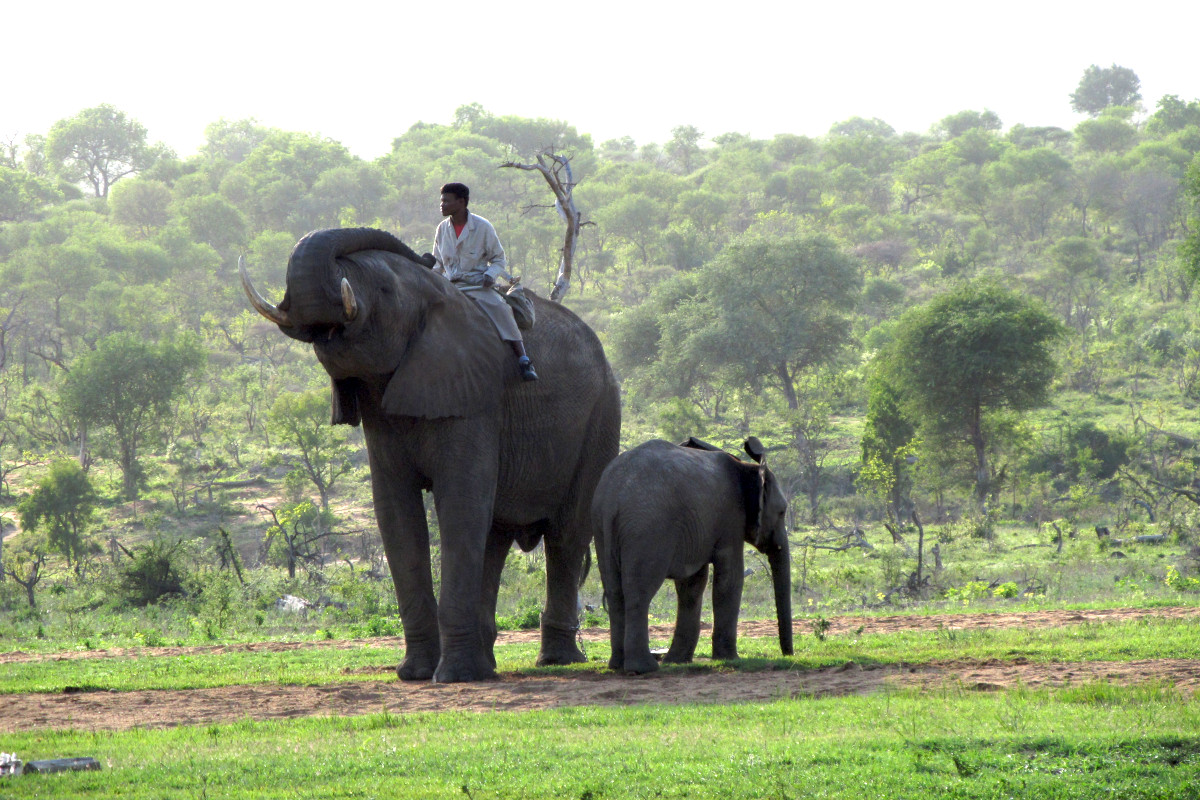 小さい頃、動物園や水族館に行き、ゾウや、キリン、シマウマやライオンを間近に見て、動物たちの動き、匂いや音に誰しも興奮し、心躍った記憶があると思います。
小さい頃、動物園や水族館に行き、ゾウや、キリン、シマウマやライオンを間近に見て、動物たちの動き、匂いや音に誰しも興奮し、心躍った記憶があると思います。これらの経験は今、地球規模である生態系の保全へと成長を始めました。
50年後、100年後の子供たちにも動物を実感してもらえる環境を残していくことが、当社の夢であり責務と考えております。
実際に生きた動物を身近に感じ興味を持ってもらうことが、動物を守り、地球環境を守ること、ひいては人と動物のより良い共生に繋がっていくと確信しています。
その架け橋となるため、また100年先の未来のため、今できる保全活動に全力で取り組んでおります。
動物たちとの友情と、未来の共存を強く願う気持ちが私たちを動かしています。
 Over the past 20 years, how people treats live animals has changed in Japan.
Over the past 20 years, how people treats live animals has changed in Japan.The phrase “Animal Welfare” has become well-known in here these days.
The keepers in zoos, aquariums or other institutions are doing their best for the environment enrichment, even the budgets and the facilities are limited.
We can see the wild animals at zoos, aquariums and other facilities because of their efforts.
At there, you can watch how animals behave, and learn about their traits and biology as well.
 We are committed to providing door-to-door services, from arranging the importation of the animals to their arrival at the new facilities.
We are committed to providing door-to-door services, from arranging the importation of the animals to their arrival at the new facilities.We do their care and management during the quarantine period under the direction of our veterinary surgeon, so if it is needed we can provide the medical treatment of animals.
We can also support their transport within Japan after the quarantine.
Even if it is a small matter, we do everything for the health and safety of the animals.
By carrying out this whole process, we are able to ensure smooth arrangements and reduce the stress for the animals.
We check the health and conditions of imported animals, and provide treatment and care properly.
Because of it, we can provide zoos, aquariums and other institutions with more accurate information and appropriate advice on the care of animals at the new environments to ensure a safe and healthy future for the animals.
 One of the problems facing zoos and aquariums in Japan is the renewal of bloodlines and surplus animals.
One of the problems facing zoos and aquariums in Japan is the renewal of bloodlines and surplus animals.Zoos and aquariums are systematically breeding their animals in order to preserve the species, but even they succeed in breeding, sometimes they have other matters.
It is difficult to keep all of new born animals at the limited spaces.
For example large animals, such as hippopotamuses, giraffes and walruses, require substantial facilities. At a breeding season, males and females need to be separated, otherwise males start fighting. There is also a risk of inbreeding if they live together with their parents and siblings.
As zoos and aquariums are trying to avoid these problems and maintain good pedigrees, they have to move the animals to other zoos or aquariums where they can be accepted.
However, it's really hard to find a new place to move in, so often the breeding can be restricted.
 This problem is not confined to Japan.
This problem is not confined to Japan.Some zoos abroad euthanize animals for which they cannot find a place to move in.
Some people thinks they can return to wild, but of course it is difficult for animals which born and raised in captivity to survive in the wild.
We, human beings exploit the natural environments of wild animals, so it is our role to help them.
Most of the animals kept in zoos today are captive bred and their home is the zoo or aquarium, and they think their caring keepers are family members.
There are many rare animals that lose their lives due to hunting quotas.
This means that animals are allowed to be hunted and killed legally.
In order to give as many animals as possible a meaningful existence and a chance to live, we make full use of our global network, and strive to provide an environment where they can live in peace, without being hindered by the stove-piped system of each country and organization, which hinders the transfer of so-called surplus animals to new places.
From the perspective of conservation and biodiversity, this is an indispensable effort, as the valuable data accumulated through the successful breeding of rare animals at the right age is fed back to the animals in the wild, although it is not visible to the general public.
 I'm sure we all have memories of going to zoos and aquariums when we were little and seeing elephants, giraffes, zebras, and lions up close, and being excited by their movements, smells, and sounds.
I'm sure we all have memories of going to zoos and aquariums when we were little and seeing elephants, giraffes, zebras, and lions up close, and being excited by their movements, smells, and sounds.These experiences have now begun to grow into the conservation of ecosystems on a global scale.
We believe that it is our dream and responsibility to leave behind an environment where children 50 to 100 years from now will be able to experience animals.
We are convinced that making children feel familiar with and interested in live animals will lead to the protection of animals, the preservation of the global environment, and ultimately to a better coexistence between people and animals.
In order for our company to be a bridge between people and animals, and for the future 100 years from now, we are doing everything we can to carry out conservation activities now.
Our friendship with animals and our strong desire for future coexistence is what drives us.
新規取引をご希望の業者様はお問い合わせください。
各種登録をしていただき、審査通過後ご案内を配信させていただきます。
※一定期間お取引のない業者様は配信が自動的に停止いたします。
BURDEN Ltd.
875, Kaminagai, Asahi-shi, Chiba-ken, JAPANTEL: +81-479-50-5065
Business hours: 10:00 - 19:00 (JST)


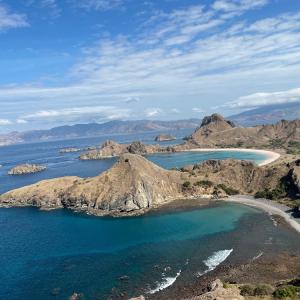
-3666e798302f0d2_thumb.jpeg)
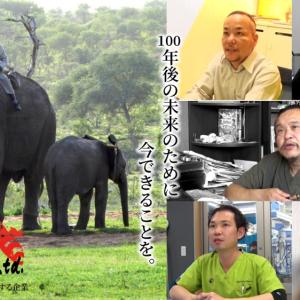
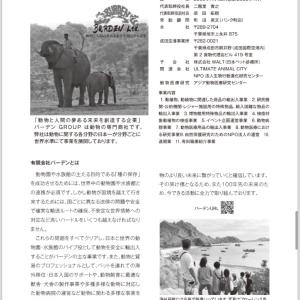
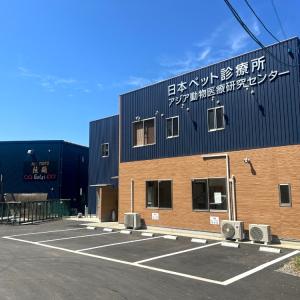
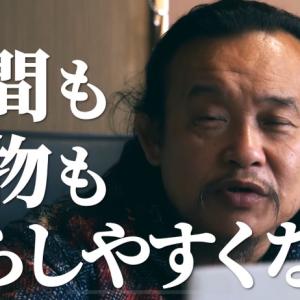
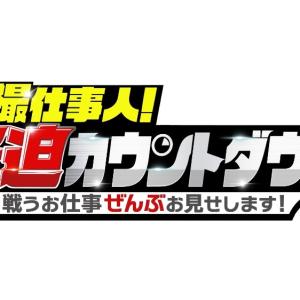
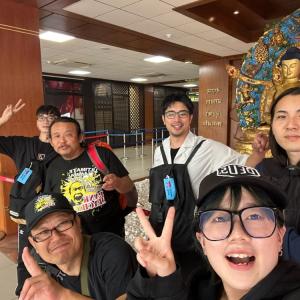
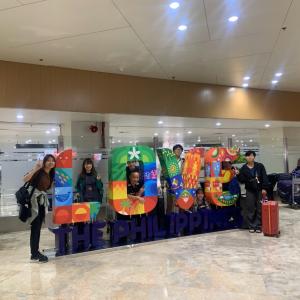
-ec67516b623498a_thumb.jpg)
